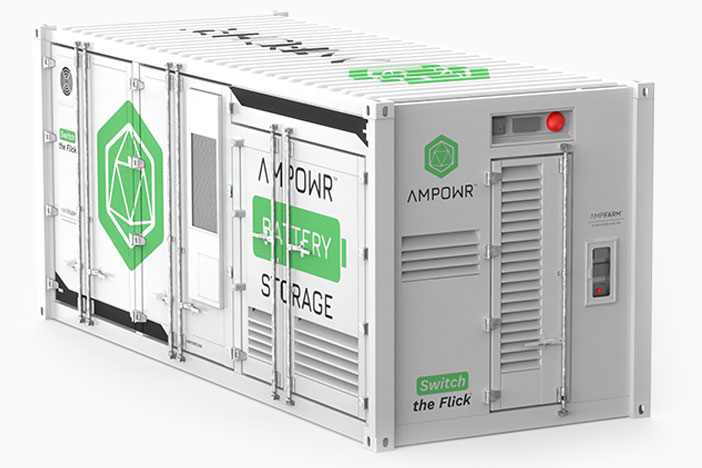ENERGY STORAGE SYSTEMS FOR FARMS
Discover the advantages of Energy Storage Systems for farms.
Importance of energy storage systems in farms
As the world moves towards a cleaner and more sustainable future, the role of renewable energy sources in various sectors, including agriculture, is gaining significant attention. Energy storage systems have emerged as game-changers, providing a reliable and efficient way to store surplus energy generated from renewable sources. This article explores the relevance and advantages of energy storage systems for farms, highlighting their usage case and the importance of these systems for the future of the industry.
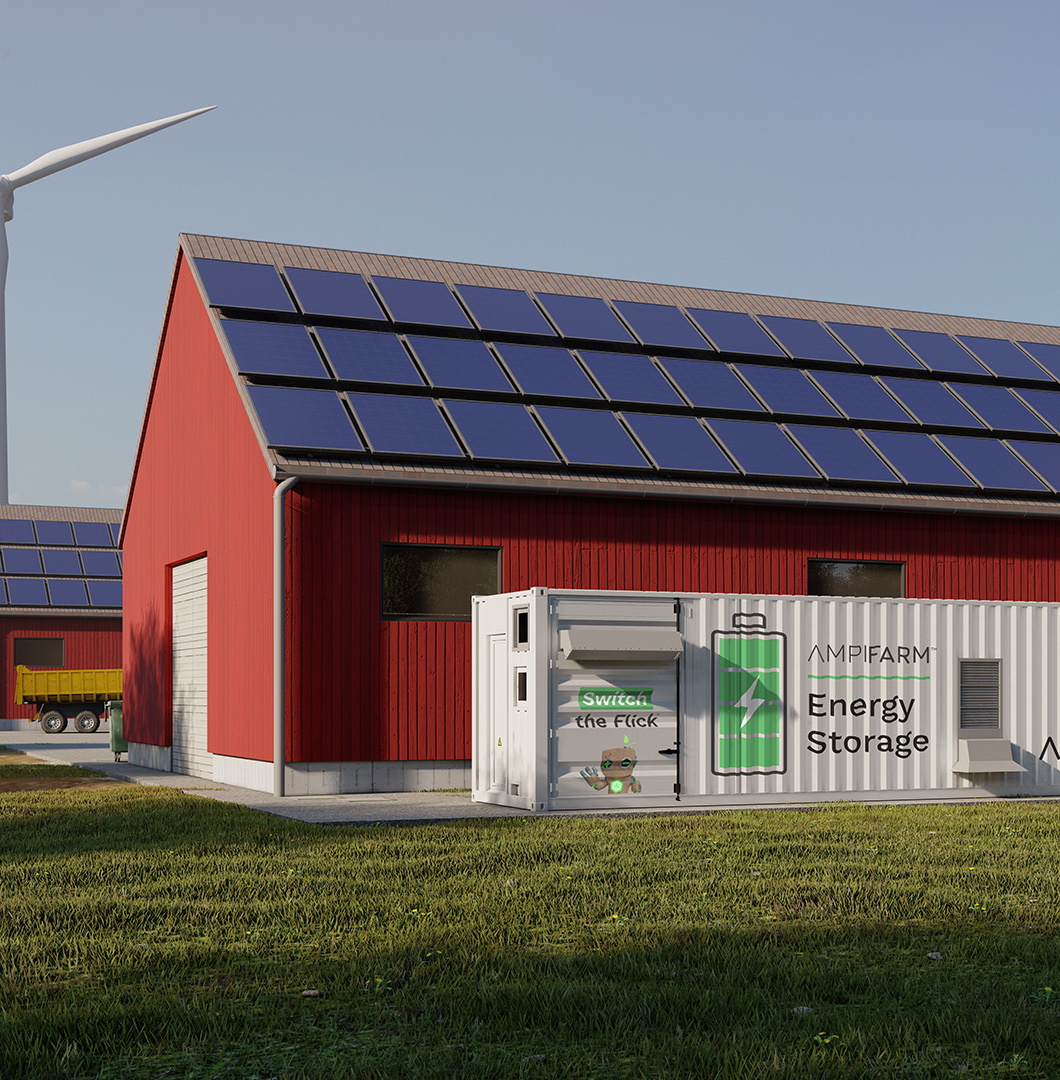
What is a energy storage system?
An energy storage system (ESS) is a technology that captures excess energy generated during periods of low demand and stores it for later use. It is commonly used to store electricity generated from renewable sources, such as solar panels or wind turbines. ESS enables the efficient utilization of renewable energy, reduces dependence on the grid, and ensures a continuous power supply.
Importance of energy storage system for farms
Farms, both small and large-scale, heavily rely on electricity to power irrigation systems, machinery, and other essential operations. However, rural areas often face challenges related to grid connectivity and reliability. Energy storage systems address these challenges by offering a sustainable solution that enables farms to store and utilize renewable energy on-site. By integrating Energy Storage Systems into their operations, farmers can achieve energy independence and reduce their carbon footprint.
Advantages of energy storage system in farms
Enhanced energy efficiency
Energy storage systems optimize energy utilization by storing surplus electricity during peak production periods and releasing it when demand is high. This allows farms to maximize the utilization of renewable energy, reducing reliance on fossil fuels and decreasing energy costs.
Grid resilience and power backup
In remote farming locations, power outages can disrupt critical operations. ESS acts as a reliable backup power source during emergencies, ensuring uninterrupted operations and safeguarding sensitive equipment.
Load Management and demand response
ESS enables farmers to manage their electricity consumption effectively. By storing energy during off-peak hours and utilizing it during high-demand periods, farms can reduce their overall energy expenses and take advantage of favorable electricity pricing.
Usage case of energy storage system in a farm
Picture a small family-owned farm nestled in the countryside, with rows of solar panels glistening under the warm, sunny sky. These panels diligently capture the abundant energy provided by the sun. However, nature’s generosity often exceeds the farm’s immediate needs. That’s where an on-site battery storage system comes into play, serving as a loyal companion to capture and preserve the surplus energy for when it’s truly needed.
On those sun-drenched days, the excess energy generated by the solar panels is carefully stored within the farm’s battery storage system. As dusk settles in or when cloudy weather casts its shadow, the farm seamlessly taps into the stored energy, illuminating the farm’s operations without relying solely on the traditional power grid. This not only ensures a continuous power supply but also translates into reduced electricity bills for the farm owners.
Beyond the financial benefits, integrating energy storage systems into farms holds immense importance for the future of the agricultural industry. As sustainability becomes a driving force, farms worldwide are making a conscious effort to transition towards environmentally friendly practices. Energy storage systems emerge as a vital component in this transformation, enabling farms to harness renewable energy sources more efficiently.
By leveraging these systems, farms can optimize the utilization of solar, wind, or other renewable energy sources, significantly reducing greenhouse gas emissions. The ability to store and utilize excess energy aligns perfectly with the growing trend of decentralized energy production. With energy storage systems, farmers can become energy producers themselves, contributing to a cleaner environment and fostering energy independence.
The shift towards energy independence empowers farmers and improves their resilience in the face of unforeseen challenges. By having an on-site energy storage system, farms gain greater control over their energy consumption and reduce their reliance on the traditional power grid. This not only ensures uninterrupted operations during power outages or grid disruptions but also paves the way for a more sustainable and self-reliant agricultural sector.
The integration of energy storage systems on farms marks a significant step towards a sustainable future for both the agricultural industry and the planet as a whole.
Types of farms suitable for energy storage system
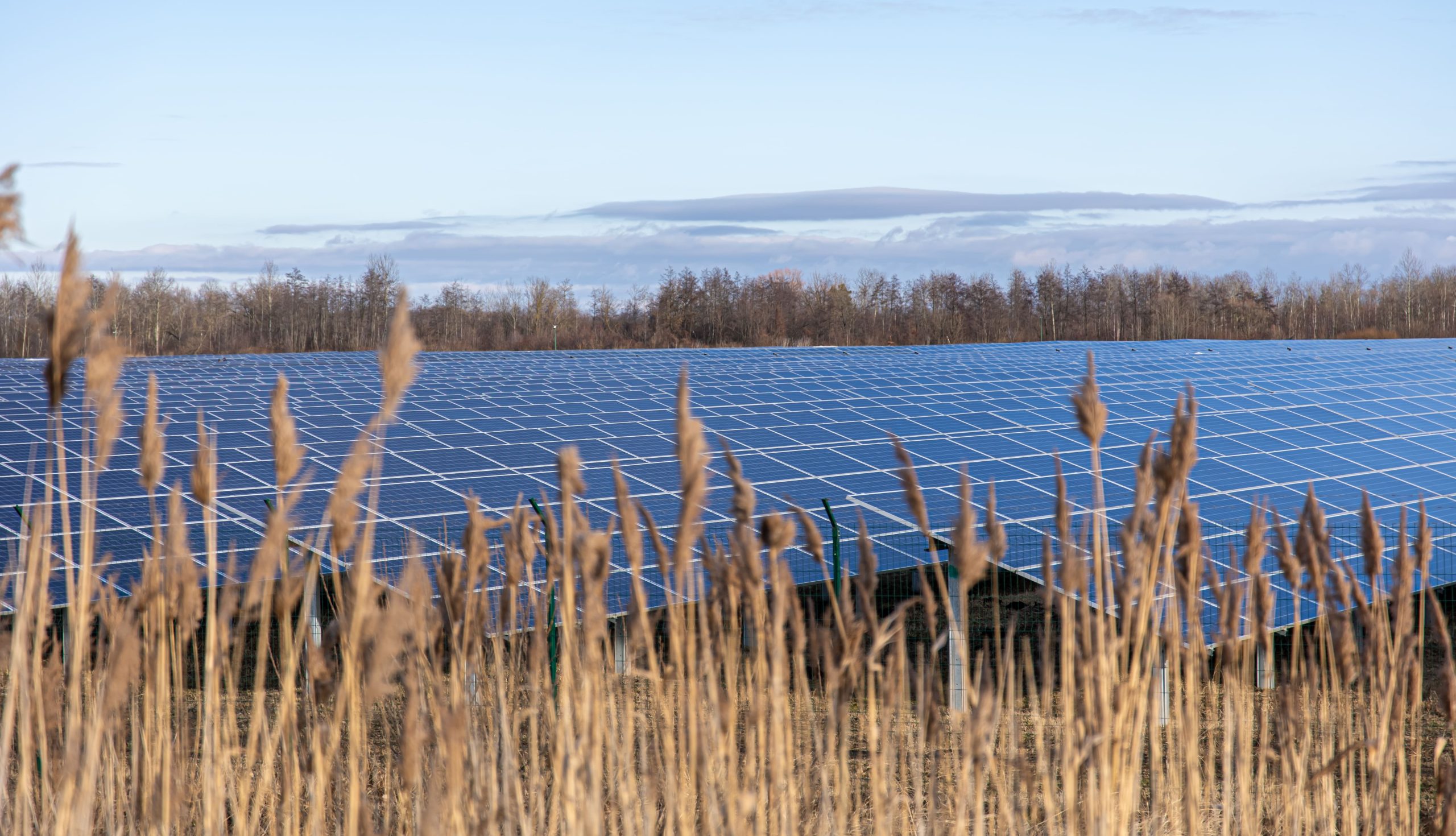
Crop Farms
Crop farms, whether large or small, can benefit from energy storage systems. These farms often rely on irrigation systems, which require a consistent and reliable power supply. By implementing an energy storage system, excess energy generated from renewable sources can be stored and used during peak irrigation periods. This reduces the dependence on the grid and helps optimize energy consumption, resulting in cost savings and increased sustainability.
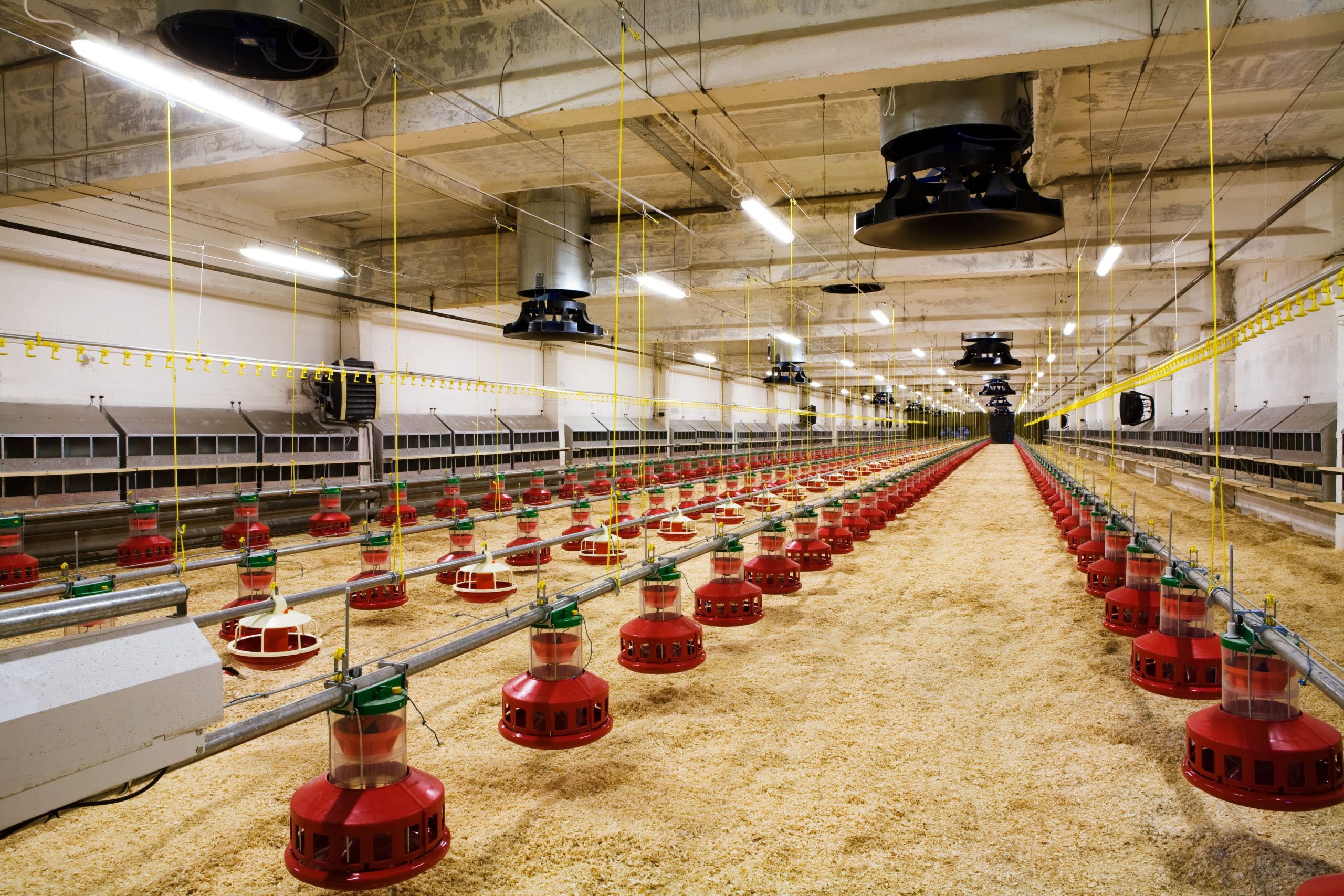
Livestock Farms
Livestock farms, such as dairy or poultry farms, have unique energy needs. From automated feeding systems to temperature control and lighting, energy-intensive equipment is crucial for the well-being and productivity of the animals. Energy storage systems can provide backup power during grid outages, ensuring uninterrupted operations and maintaining optimal conditions for the livestock. Moreover, by integrating renewable energy sources with storage systems, these farms can significantly reduce their carbon footprint.

Vineyards and Orchards
Vineyards and orchards require a considerable amount of energy for tasks like irrigation, climate control, and processing facilities. Energy storage systems can help optimize energy usage, storing excess energy generated during the day to power operations during the night or periods of low renewable energy generation. By reducing reliance on the grid, vineyards and orchards can enhance their sustainability efforts and achieve greater energy independence.
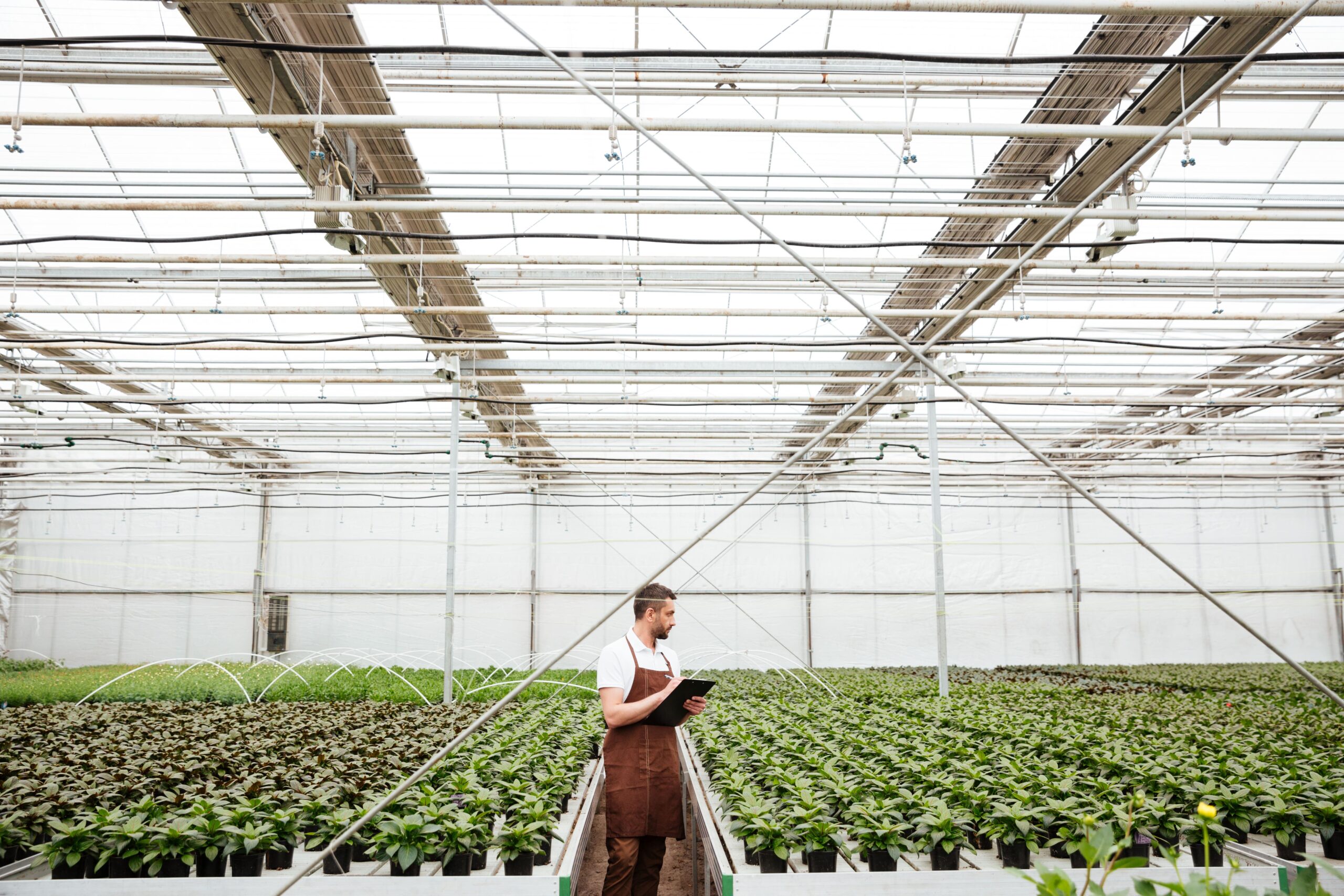
Sustainable Farms
Organic and sustainable farms prioritize environmentally friendly practices, making energy storage systems a natural fit. These farms often have a higher reliance on renewable energy sources such as solar panels or wind turbines. Integrating an energy storage system enables them to capture and store surplus energy during peak production periods and utilize it during times of higher demand. This approach not only minimizes waste but also aligns with their commitment to reducing carbon emissions and operating in harmony with nature.
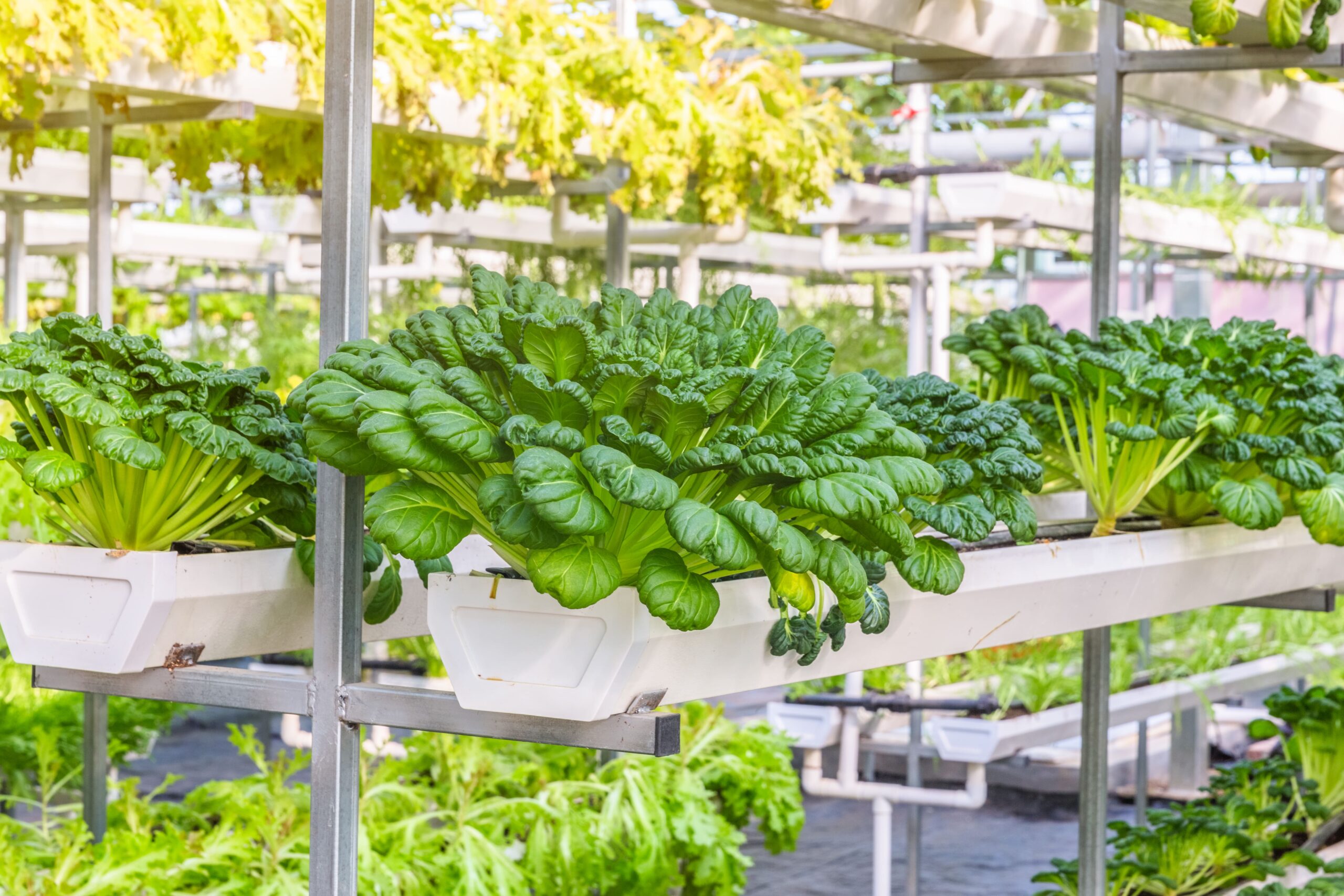
Vertical Farms
Vertical farms, known for their innovative and space-efficient cultivation methods, can also benefit from energy storage systems. These farms often require precise environmental controls, including lighting and climate management, which consume significant amounts of energy. By utilizing an energy storage system, they can optimize energy usage and minimize reliance on the grid, thereby reducing operational costs and enhancing sustainability.
Our Smart Battery Energy Storage Systems are leading the energy transition and powering a wide range of industries and applications.



